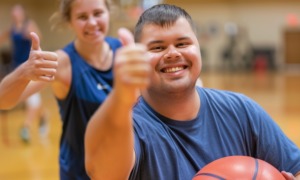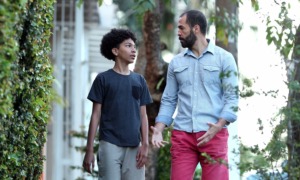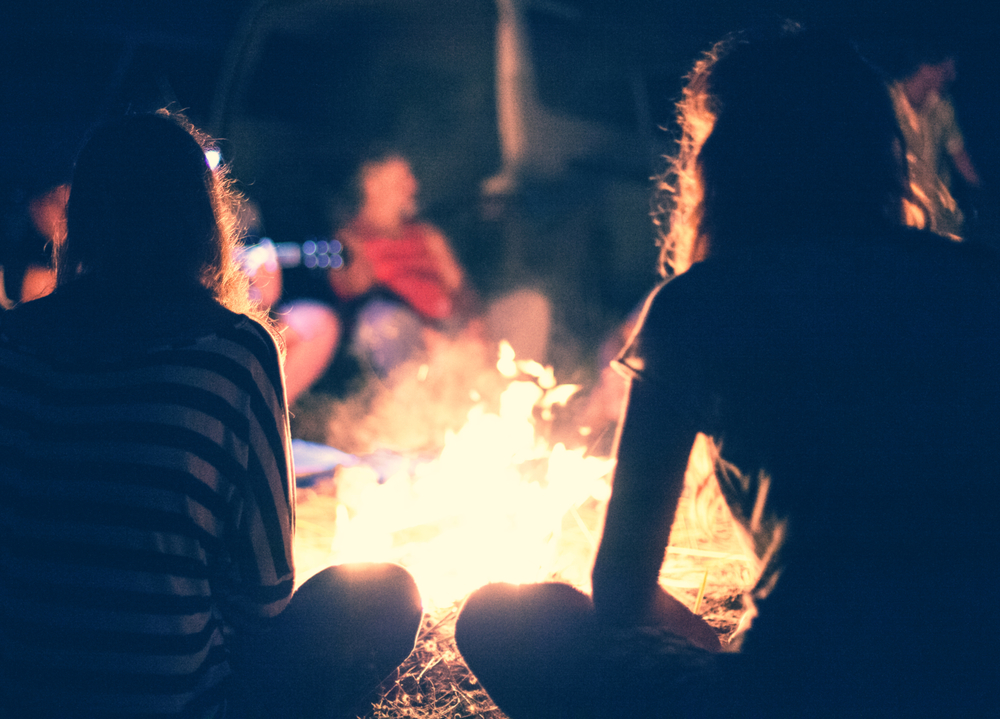
Fotovika/Shutterstock
.
Last week, our executive editor suggested I watch a film called “Crip Camp” on Netflix. I had heard about it, and thought it would correspond with the work that I do. What I found was a refreshing look at some of the work that has been done by the disabled community to advocate for their needs and to further the concept of self-determination.
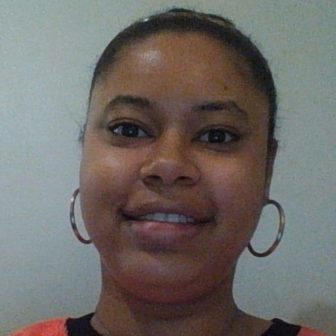
Deandra Mouzon
The film, which was executive produced by President Barack and Michelle Obama, begins with footage of young people in the 1970s at Camp Jened, a summer camp in New York for people with disabilities. Along with commentary from former campers and counselors, it explores the daily lives of young people at the camp and how they achieved a level of independence from the outside world. In the film, young people with varying disabilities talk about their love lives, having their first relationships at the camp, their aspirations and overprotective parents.
At first the camp seems like one big party, but toward the middle you begin to see powerful images of young people with disabilities protesting in the streets. Years later, several protests led by camp counselor Judy Heumann took place in California, where hundreds of people, both able-bodied and disabled, eventually occupied a federal building for 26 days. The protest became known as the 504 Sit-in and was the longest nonviolent occupation of a U.S. federal building in history.
One poignant part of the film is when a former camper speaks about the idea of a “disability hierarchy.” She said it was an understood idea that the kids who looked more “normal” were at the top of the hierarchy and as you move down each tier the visibility of the person’s disability increased. I thought this gave some insight into how some young people with disabilities see themselves in the community and likened it to the idea of colorism.
“Crip Camp” is different from other films in that it portrays the subjects as independent and strong-willed. You see people of all backgrounds and abilities fighting for accessibility and civil rights. Not only are they fighting, they are winning. The work they did in the 1970s and 1980s led to the Americans with Disabilities Act (ADA) of 1990.
Watching the people in the film fight for equity and accessibility made me think of how accessible things are for youth with disabilities at this time. Over the past few weeks I have heard stories of families working with their children to keep a sense of normalcy and forward motion while we battle the coronavirus pandemic. I began to wonder what kind of accommodations are being made outside the home.
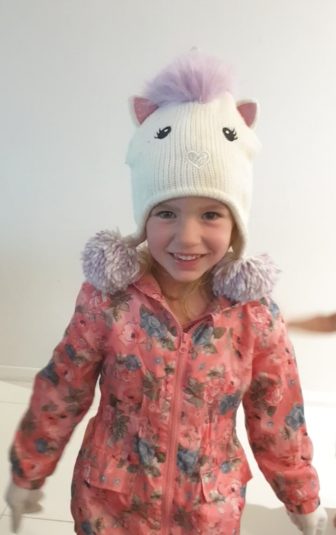
Isabella McKenzie
In Wollongong, Australia, Rachel McKenzie and her 3-year-old daughter Isabella have found support from several youth service professionals. Isabella has autism, and since the spread of the coronavirus she has had to amend the way she receives outside help. She does Early Start Denver Model therapy. Since being quarantined, her usual three weekly sessions have been bumped down to one.
Besides her speech therapy, Isabella also sees a physiotherapist. She recently had to do her appointment online via telehealth. Her mother said these kinds of meetings can be tricky because she has to get her daughter to sit in front of the computer for the duration of the call. She said Isabella did have a meltdown during one of them.
Ultimately, Rachel said she is happy with the accommodations that have been made for her daughter throughout this crisis: “Overall, I think we have been pretty lucky. I didn’t want to stop Bella’s therapy or preschool as they say that this age is crucial in her learning and developing social skills because their brains are like plastic and can almost be molded at this age. I just saw her therapy as being crucial, and I was satisfied with the steps the therapist and preschools were taking to ensure a safe environment for her.”
For people with disabilities, accessibility accommodations are a right that affects their careers, education, home life and health. People like Judy Heumann and the campers at Jened fought to make sure these issues are being addressed. Now, because of their commitment, young people like Isabella and others can get the help and support that is so vital to not only the welfare of people with disabilities, but to communities at large.
If you would like to contribute to this column and share your story about life during quarantine with a disabled youth, email me at Deandra@csjournalism.org.
Deandra Mouzon is a Georgia-based journalist who received a B.A. in journalism from CUNY’s York College. Currently she is working on a publication about youth with disabilities.






